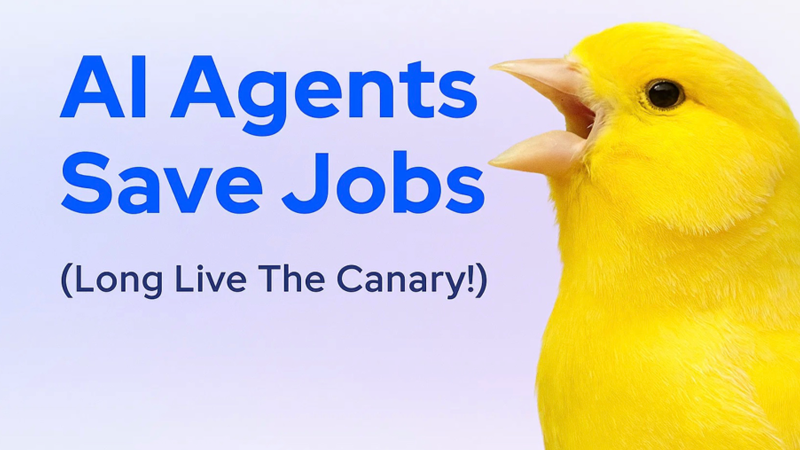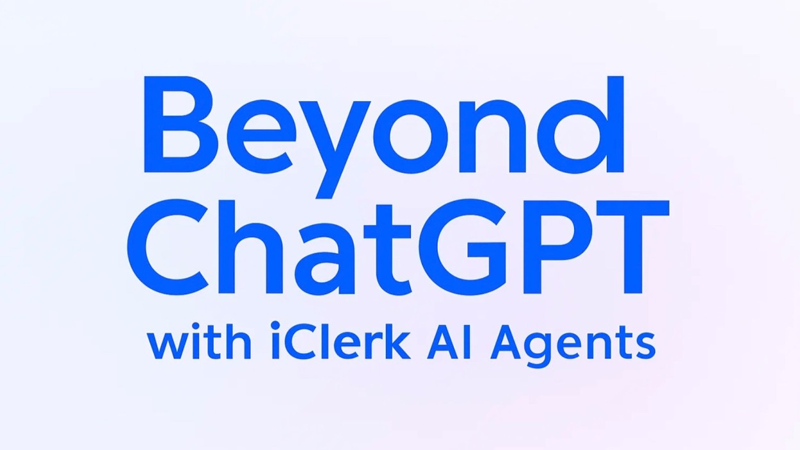
AI Agents Save Jobs

Beyond ChatGPT


The recent NBER/OpenAI study How People Use ChatGPT (National Bureau of Economic Research, Sept 15, 2025, Working Paper No. 34255) offers the clearest data yet on how people use foundation models. Currently more than 700 million people, nearly 10% of the global adult population, use ChatGPT every week. At work, usage was concentrated in professional occupations and specific tasks: writing, information seeking, and guidance.
Writing is the connective tissue of business. Information seeking and guidance are the reasoning mechanisms of professional services. Together, they represent universal service workflows across all sectors, including finance, law, engineering, education, and compliance. Yet Foundation Models such as ChatGPT, Gemini, or Claude are optimized for conversation, text, and image generation. They excel at writing, answering questions, and generalizing ideas. But they require you to go to the model, a different paradigm than agentic systems that bring the models to you as an action chain.
AI Agents are the connective tissue of AI, extending Foundation Models by creating trust pipelines for the enterprise that manage proprietary facts and orchestrate the actions that make up every business. AI Agents extend LLMs with:
Context and Memory. Agents remember prior interactions and objects across time, linking across documents and SaaS systems, maintaining idea continuity across tasks.
Integration and Action. Agents connect to enterprise systems, spreadsheets, databases, turning scenarios into interactive, dynamic reporting dashboards.
Guardrails and Traceable. Agent outputs are structured, verifiable, and compliant with corporate policy and regulatory guidance.
The NBER study validates what iClerk customers already know: writing, information, and guidance form the core of knowledge work, but the real value emerges when you combine trust and data velocity with automation. iClerk Agents provide that trust, scale, and automation.


